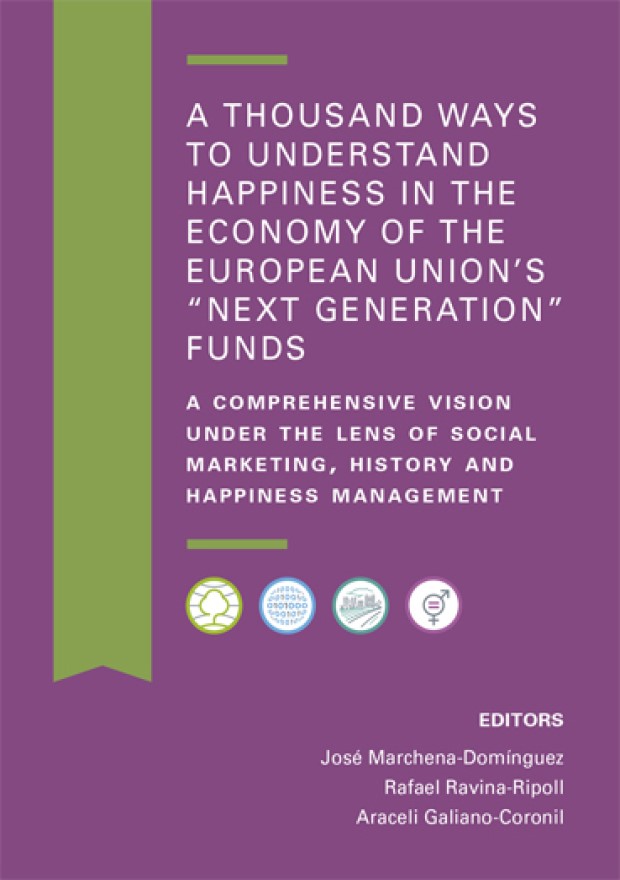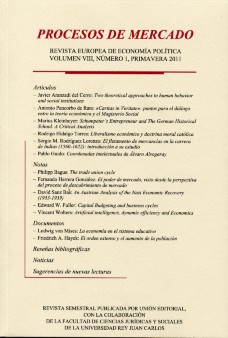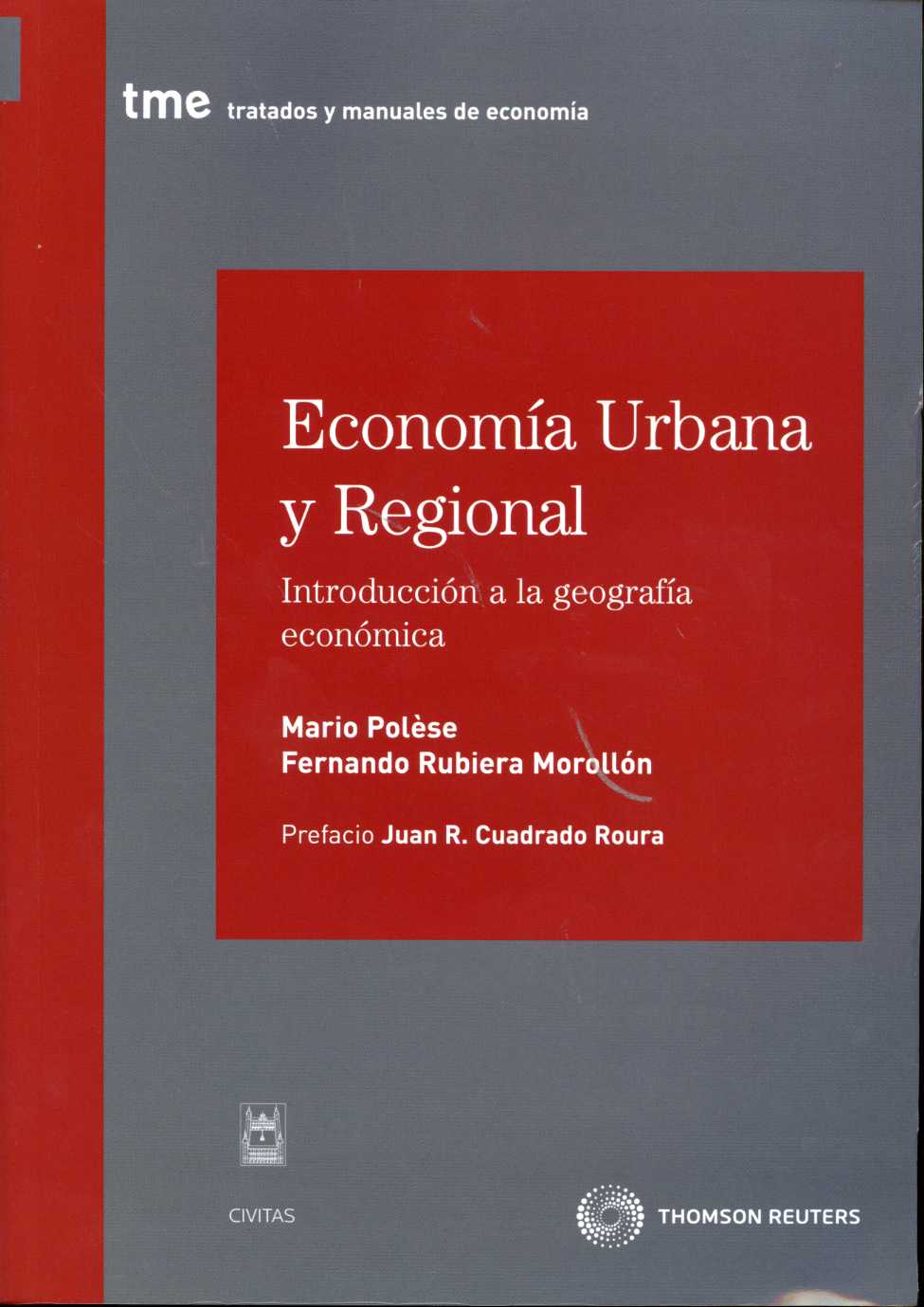A thousand ways to understand happiness in the economy of the European Union´s «Next generation» funds
Like the New Deal (1933-1938), the Next Generation funds were created to consolidate the Welfare State in the European Union during the post-Covid-19 era. To this end, comprehensive public spending policies are being carried out and supported; it is to be imagined by Keynes’ anti-utilitarian ideals. This apriorism is rooted in Aristotle’s idea of eudaimonic happiness. That is to say, the collective well-being of citizens is achieved by formulating active policies that promote the integral development of people through education, employment, culture, innovation, etc. It puts on the academic table that individuals’ happiness or subjective well-being should be one of the main intangible drivers of prosperity, technological progress, intra-entrepreneurship and social development of the territories. It requires, among other things, proactive, dynamic, empathetic and professional behaviour from public administrations, NGOs and companies.
Despite the vast literature on happiness, very little is currently known about what social marketing and happiness management can contribute academically to the ecosystems of the European Union’s Next Generation Fund era. The purpose of this book is to make readers aware of the following aspects. The first is to understand that there are thousands of theoretical and practical inputs to generate public policies that promote the holistic happiness of citizens. Second, politicians must ensure the collective welfare of people under the guiding principles of sustainability, respect for the environment, social cohesion and inclusive capitalism. Third, the uberization of economies leads to a melting pot of low-cost societies that lower quality of life standards and job satisfaction. Fourthly, the top managers of organizations cannot wait any longer to undertake management models based on happiness management, where the happiness of their human capital is synonymous with corporate well-being, economic profitability, digital prosperity, productive efficiency, etc.
JOSÉ MARCHENA DOMÍNGUEZ, profesor titular de Historia Contemporánea de la Universidad de Cádiz, autor de una docena de libros y más de cien artículos, capítulos de libros especializados y de divulgación. Profesor de Cultura Española para universitarios y profesores norteamericanos, fue también conferenciante y docente en Hamburgo Barranquilla, Oporto, Burdeos, Viena, Saltillo Guatemala, Rabat y Washington D.C. Sus líneas de investigación versan sobre Historia política y sociocultural, ideologías, Estudios del Vino, Carnaval, Historia del Cine, Antitaurinismo, Proteccionismo y aspectos medioambientales en la gestión de la felicidad.
RAFAEL RAVINA RIPOLL, es doctor profesor de Organización de Empresa de la Universidad de Cádiz, Miembro de Grupo de Investigación «Ciencias del Trabajo» y del INDESS (Instituto Universitario para el Desarrollo Social Sostenible de la Universidad de Cádiz). Ha sido profesor invitado en la Universidad de Westminster, Business and Law Frankfurt University of Applied Sciences y la Universidad de Verona, donde ha impartido conferencias sobre el happiness management. Es autor de más de cien artículos y capítulos vinculados con la economía de la felicidad y la creatividad. Y miembro de los Comités Editoriales de la Revista Retos de la Universidad Politécnica Salesiana de Ecuador, la Revista Búsqueda de la Corporación Universitaria del Caribe (CECAR) de Colombia, el Boletín de Coyuntura de la Revista Observatorio Económico y Social de Tungurahua de la Universidad Técnica de Ambato de Ecuador, y la Revista Jurídicas CUC Ciencias Políticas de la Universidad de la COSTA CUC de Colombia. Además de editor invitado de revistas indexadas en Scopus y JCR de monográficos sobre Happiness Management. Actualmente, es el director de la Red Internacional Universitaria de la Felicidad.
ARACELI GALIANO CORONIL, es doctora profesora de Marketing de la Universidad de Cádiz y miembro del INDESS (Instituto para el Desarrollo Social Sostenible) de la Universidad de Cádiz. Ha realizado una estancia investigadora en la Universidad de Sevilla así como profesora invitada en la Universidad de Verona (Italia), la Business and Law Frankfurt University of Applies Sciences (Frankfurt, Alemania), EDHEC Business School (Lille,Francia), Fachhochschule (Trier, Alemania), Universidad de Ausburgo (Alemania), Universidad de Hamburgo (Alemania), donde ha impartido conferencias sobre el social marketing en las ONGD. Es autora y coautora de artículos y trabajos en congresos internacionales sobre la gestión de la felicidad y el marketing social en las entidades sin ánimo de lucro.






